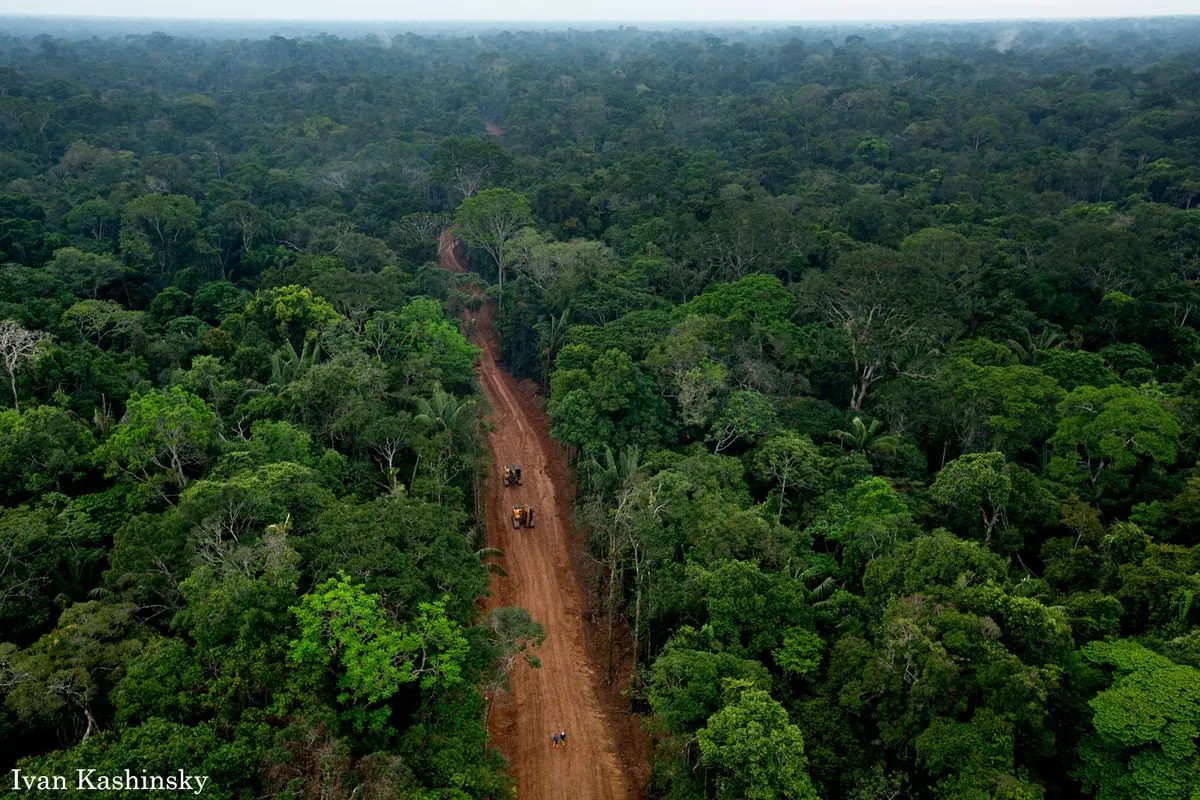Ecuador's Oil Drilling Halt in Yasuni Park Faces Delays and Controversy
A year after Ecuador voted to stop oil drilling in Yasuni National Park, progress stalls. Government seeks extension, frustrating Indigenous groups and environmentalists. Biodiversity and isolated tribes at stake.

One year has passed since Ecuador's historic decision to cease oil drilling in Yasuni National Park, a biodiversity hotspot in the Amazon. However, the implementation of this landmark referendum has hit significant roadblocks, with the government now seeking a five-year extension to continue operations.
Yasuni National Park, established in 1979, spans 9,820 square kilometers and is renowned for its exceptional biodiversity. The park is home to over 2,000 tree and shrub species, 204 mammal species, and 610 bird species, making it one of the most biodiverse places on Earth. Its unique location at the intersection of the Amazon, the Andes, and the equator contributes to this rich ecological tapestry.
The Waorani people, whose ancestral lands overlap with the park, express deep frustration over the lack of progress. Juan Bay, president of NAWE, the primary Waorani organization in Ecuador, stated:
"We should already have advanced results, with the closures almost 100% complete, but the government has not committed to that. There has been no political will to guarantee the rights of the Ecuadorian people that the ballot boxes decided."

The park is not only crucial for its biodiversity but also serves as a sanctuary for two of the world's last voluntarily isolated Indigenous communities, the Tagaeri and Taromenane, who are subgroups of the Waorani.
Ecuador's economy heavily relies on oil exports, which account for about 50% of the country's export earnings. This dependence has led to a complex situation where environmental concerns clash with economic realities. The country's oil production peaked in 2014 at approximately 557,000 barrels per day.
The government cites the need for a responsible dismantling process as the reason for the extension request. Antonio Goncalves, appointed as Minister for Energy and Mines in July 2024, emphasized the unprecedented nature of this undertaking:
"This has never been done before, neither in the country nor in the world. It has to be done in a responsible way. We have a tight schedule, but we believe we can do it."
However, environmental groups and Indigenous communities remain skeptical. The Ecuadorian Amazon has experienced over 1,000 oil spills since 1967, leading to severe health and environmental consequences for local populations.
Ecuador's history with oil and conservation efforts is complex. In 2007, the country proposed the Yasuni-ITT Initiative to keep oil in the ground in exchange for international financial contributions. However, this initiative was abandoned in 2013 due to insufficient support.
As the debate continues, the Waorani people prepare to address Congress on August 25, 2024, seeking inclusion in the decision-making process. The outcome of this ongoing struggle will have profound implications for the future of Yasuni National Park, its inhabitants, and Ecuador's approach to balancing economic needs with environmental preservation.


































